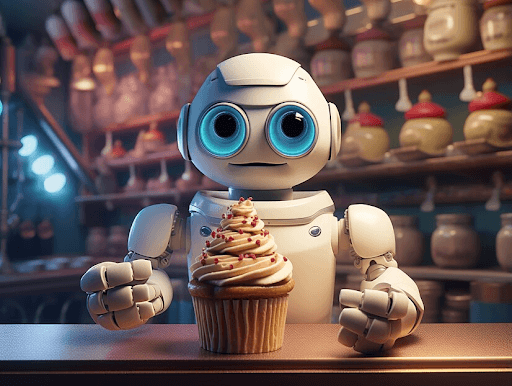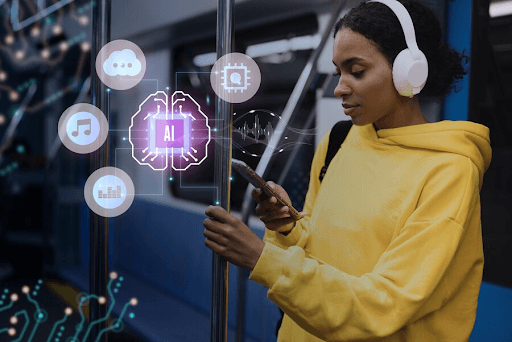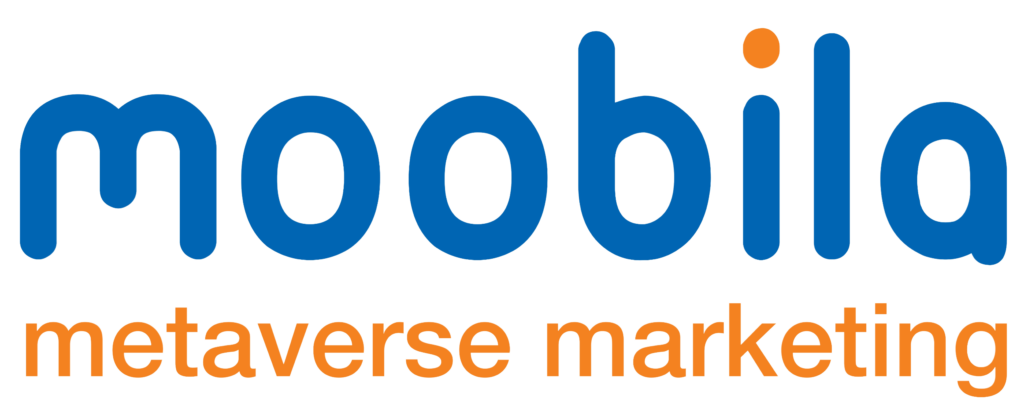How Google Treats AI Content in 2025: Is your SEO in place?
The rise of AI content has been one of the biggest developments in digital marketing and SEO in recent years. As AI tools become more advanced at generating written content, many marketers are turning to them to quickly produce large volumes of blog posts, product descriptions, and other content.
Table of Content
However, the growing use of AI content has raised concerns about how search engines like Google will treat this machine-generated content and whether it will negatively impact SEO and rankings.
In this comprehensive guide, we’ll explore Google’s stance on AI content, including how it affects SEO and search rankings.
Understanding AI Content
First, let’s define what we mean by “AI content”. AI content refers to any text, articles, product descriptions, or other written content that has been generated by an artificial intelligence system rather than written directly by a human.
Powerful new AI tools like ChatGPT can now generate human-like content on virtually any topic with just a short text prompt. The AI is trained on massive datasets of existing text and learns to imitate human writing styles.
While the quality of AI content continues to improve, it still lacks the depth of expertise, nuance, and fact-checking that human-written content has. However, AI tools allow marketers to produce content at scale far faster than humans can write manually.
As AI content has increased across the web, Google has taken notice and begun formulating policies on how to handle this machine-generated content within its search engine results.

Google's Stance on AI Content
Google has been cautious but open-minded about the rise of AI content. In January 2023, Google released an official blog post titled “Our approach to AI-generated content” to explain its stance.
The key takeaways from Google’s post are that Google will maintain its emphasis on content quality and relevance.
Google emphasized that its ranking systems are designed to surface helpful, relevant, and authoritative information regardless of how the content was created. The quality and usefulness of the content for searchers is the priority.
Google Has Long Handled Automatically Generated Content
Google Adheres to E–E-A-T Guidelines.
Transparency Will Be Key.
Impact of AI Content on SEO and Rankings
But how does AI content actually impact SEO and search rankings as of today? The effects are still unfolding, and Google’s systems will take time to assess this new form of content creation. However, a few potential impacts are emerging:
Can Directly Improve Rankings
Potentially Better for Targeting Long-Tail Keywords
Risk of Thin Content Penalties
Low-quality, spammy, or "thin" content runs the risk of getting hit with penalties like low rankings, removal from indexes, or even manual reviews. It can happen with both AI content and human content. Unique, original value is key.
General Wariness Around Over-Optimization
Search engines are always wary of content that seems overly SEO optimized or engineered specifically to game the system versus satisfy users. Both human and AI content run this risk if taken too far.
Valuing More Comprehensive Expertise and Authoritativeness
For premium, high-difficulty keywords, human expertise, and authority still reign supreme in Google's eyes. So, for ranking for ultra-competitive terms, AI cannot yet match true subject matter experts.
In summary, AI content holds promise to complement human-created content but still faces challenges around demonstrating the comprehensive expertise needed to rank for premium keywords. SEOs should incorporate AI as part of an overall smart content strategy.

Google's Competitors in AI Content
Google is also keeping a close eye on how its competitors are handling AI content within their platforms and rankings. Let's examine two of the other tech giants leading in AI development:
Microsoft Bing
- Microsoft invested heavily in AI, which includes billions of dollars in Azure's Open Artificial Intelligence development. For its Bing search engine, Microsoft has signaled an openness to AI content:
- Bing has integrated AI chatbot features directly into search results.
- Microsoft is testing using AI for content creation but says human-created content is still the priority.
- Bing will also focus on content quality, usefulness, and fact-checking AI information.
Meta and Facebook
Meta, Facebook's parent company, has also been an AI pioneer. Its stances regarding AI content include:
- Meta is using AI content to generate content for training data sets and AI model testing.
- Meta has been cautious about allowing unchecked AI content across Facebook and Instagram, given quality concerns.
- Meta is exploring AI chatbots and generative AI across its platforms.
So competitors are taking measured approaches but investing heavily in AI, given its growing impact. Google needs to stay on the cutting edge of AI to compete.
The Future of AI Content
Given the rise of ChatGPT and other advanced content-focused AI models like Anthropic's Claude, generative AI will play an increasing role in content creation in the years ahead.
Here are some predictions for the future of AI content:
- Content Personalization will improve: With AI's natural language capabilities, content can be customized and tailored to specific users' interests and needs through generated text.
- Originality Detection Will Grow: Tools to detect AI-generated content will improve, helping curb plagiarism and copied content. Human creativity is hard to match.
- Fact-Checking Becomes Bital: Accuracy and factuality will need to be verified both manually and with AI tools to ensure information quality.
- SEO Shifts From Volume to Authority: Chasing long tail keywords alone becomes less viable as high-authority content and comprehensive expertise gain importance.
- Transparency Aids Adoption: Clear disclosures that content was AI-assisted will build user trust and understanding.
- Production Costs Decline: AI allows more content output per dollar spent, though human oversight is still crucial.
In summary, AI will revolutionize aspects of content while raising new challenges around information quality. It remains to be seen exactly how Google's algorithm interprets this new world of AI content.
Experience the future of content marketing , with Moobila and rank ahead of competitors.
The Final Words
The rise of AI content represents a fascinating shift in digital marketing and SEO as generators like ChatGPT demonstrate new capabilities for automated content creation.
Google is cautiously embracing this new source of content while maintaining that relevance, quality, and adherence to E-A-T guidelines will remain the focus in determining search rankings.
AI content holds promise to complement and enhance human-created content, but risks like thin content penalties remain.
As Google and its competitors continue to invest in AI, generating high-quality content at scale will only get easier. But uniquely human qualities like expertise, originality, and creativity will still play a key role in creating the very best content that engages audiences and earns trust.
The interplay between human and artificial intelligence will shape the future of digital experiences.
Finally, transparency and fact-checking around the use of AI will build vital user trust as these technologies evolve. While AI opens up new opportunities, upholding the integrity of information remains the shared duty of all content creators.
Written by: Rabeea,
Senior Content Lead Moobila
Senior Content Lead Moobila
Share this:

Moobila
Our passion is to build aspiring brands, with the with advanced technologies, creative strategies, inspiring content and personalized customer support. Our team of seasoned experts combine technical expertise with a flair to create digital campaigns that captivate audiences and drive tangible results.
Partner with us
Unlock your business potential with our committed team driving your success.
Recent Posts
Apple’s iPhone 17 Pro Max: A Closer Look at the Rumored Radical Redesign
April 20, 2025
No Comments
Read More » 

